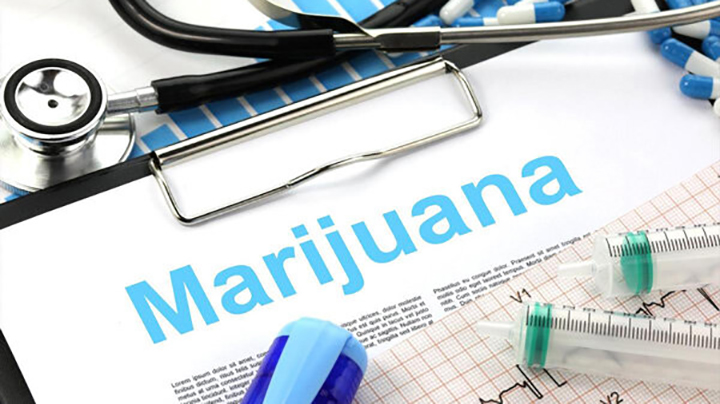What is medical marijuana and when will it be available in Mississippi?
Published 11:51 am Thursday, April 7, 2022

- METRO
As potential medical marijuana business owners await regulations from the state, the Mississippi State Department of Health should begin in June accepting online license applications for patients, medical practitioners and cultivation facilities.
While Lincoln County supervisors opted out of medical marijuana – along with cities Pass Christian, Ridgeland, Brandon, Gluckstadt, Flora, Philadelphia, Pontotoc and Madison so far – other counties and cities are still discussing how they want to deal with the subject.
State and county entities have until May 2 to decide whether or not to opt in to allow cultivation, transportation or sale – or any combination of the three. Lincoln County supervisors voted no to all, while the city of Brookhaven appears to be just waiting to allow the deadline pass.
Deciding on allowing medical marijuana – all in, just a little in or completely opting out – is not a one-and-done. Opting out also allows a complete turnaround, if the entity chooses to change course and opt back in. But if the deadline passes and an entity has done nothing, they, by default, opt in and there is no going back after that.
The main issue most officials have is that they don’t want recreational marijuana use to be a byproduct of opting in to medical marijuana acceptance and sale. Some officials cannot and will not go past this worry, afraid constituents might hold it against them.
The answer to this is what medical marijuana actually is. A press release from PolitiFact explained that cannabis contains roughly 500 compounds, 70 of which are psychoactive. THC, or delta-9-tetrahydrocannabinol, is the main psychoactive ingredient in the marijuana plant (the part that makes you “high.”)
The level of THC in a plant varies based on the strain, the part of the plant used and how it is processed for consumption.
Also present is a substance called cannabidiol, known as CBD, which is an antioxidant and has properties that are thought to protect the brain. It’s also not psychoactive like THC. CBD is sold all over the state presently – in gas stations, health offices and some doctor’s offices.
“Products like cannabis oil are made from strains of marijuana already bred to be high in CBD and low in THC, although THC still is a part of the equation,” reported PolitiFact. “Research shows that compound is what brings CBD into the brain.”
In other words, medical marijuana is bred for its medicinal factors, which means the “high” does not top cultivators’ wish lists. Recreational users wouldn’t be much interested in running a black market of the stuff, as their customers seek the high, not the medicinal aspect.
The new medical marijuana law takes these issues into account by creating specific rules, regulations and expectations to ensure the cultivation and sales of medical marijuana are above board, safe and legal. Mississippi residents just have to wait until all the ducks are in a row, ready to travel in one distinct and accepted direction.
The Mississippi Medical Cannabis Act passed in February involves the following, as explained by the Mississippi Medical Marijuana Association:
- recognizes 28 illnesses that qualify
- allows a patient to buy no more than 3 ounces a month
- allows for physicians, certified nurse practitioners, physician assistants and optometrists to certify patients with debilitating conditions
- allows seven license types: cultivation, processing, dispensary, transportation, disposal, testing and research
- businesses can have no more than one cultivation, one processing and five dispensaries
- by June 2, the Department of Health will have created rules and regulations that govern all license types, except dispensaries
- by July 2, the Department of Revenue will have created similar requirements for dispensaries
- both departments must issue their respective licenses within 30 days of application receipt
- growing has to take place in buildings less than 100,000 square feet
- once seeds are into the ground in early July, marijuana will take four to six months to be grown, dried, processed and tested





